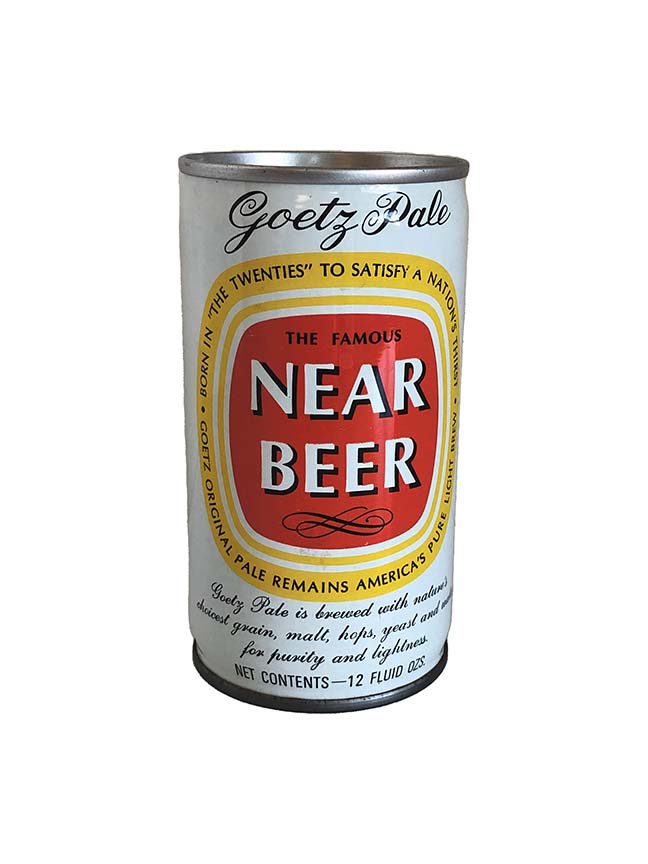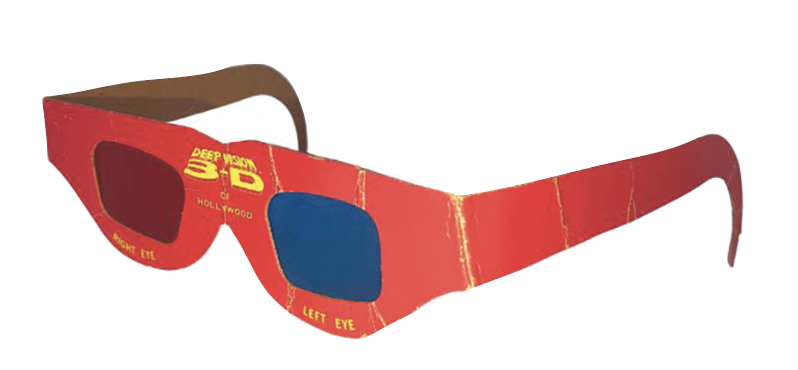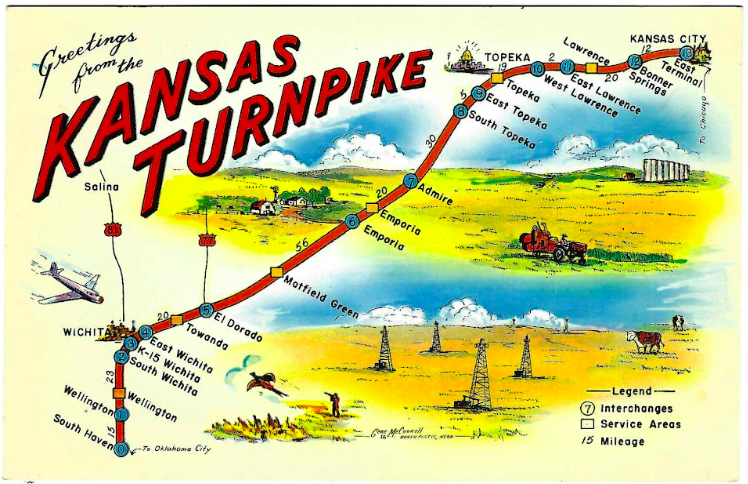
Dorri Partain
Contributor
The 18th Amendment to the United States Constitution caused breweries to devise new products to stay in business.
Known alternatively as the Volstead Act or the National Prohibition Act, the amendment ceased the manufacture, sale and transportation of beverages exceeding 0.5 percent alcohol by volume (ABV) from October 28, 1919, to February 20, 1933, when the amendment was repealed with the 21st Amendment.
Taking advantage of the allowance of one half percent ABV, brewmasters developed ways to produce low alcohol cereal beverages using the same ingredients as beer and using processes that either watered down the final product or boiled away enough alcohol to obtain the legal percentage.
Anheuser-Busch was ahead of the other breweries with its “Bevo” cereal beverage that had been introduced in 1916, while Pabst marketed its low alcohol beverage as “Pablo.” Miller named its product “Vivo,” and Schlitz labeled it’s brand as “Famo.”
Other breweries, such as Kansas City’s Muehlbach, took on creating sodas, and Adolph Coors diversified into porcelain and clay products for industrial and household uses.
“Near beer” became the popular name for these low alcohol brews, which are still available but often referred to as “light” beers. This 1970’s steel pull-tab can is labeled as “The Famous Near Beer” that was “born in the Twenties to satisfy a nation’s thirst. Goetz Original pale ale remains America’s pure light brew.”
The M.K. Goetz Brewing Company was founded in St. Joseph, Mo., in 1859. Following the end of Prohibition, Goetz built a second location in Kansas City to keep up with demand. The brewery, which stood at 17th and Indiana, opened in 1936.
Pearl Brewing Company, which was founded in San Antonio, Texas, in 1883, purchased the Goetz Brewery in St. Joseph, Mo., in 1961 but continued to produce select Goetz products. Oddly enough, during Prohibition, the Goetz brand of cereal beverage was known as Country Club Special, as a variation of their once regularly produced Country Club brand as well as Gozo, a cereal “tonic” patented in 1917. Pearl closed the St. Joseph location in 1976.
In 1985, Pearl Brewing Co. purchased Pabst, and merged operations under the Pabst brand.
The Goetz name and product recipes are owned by Pabst but none are currently in production.


















